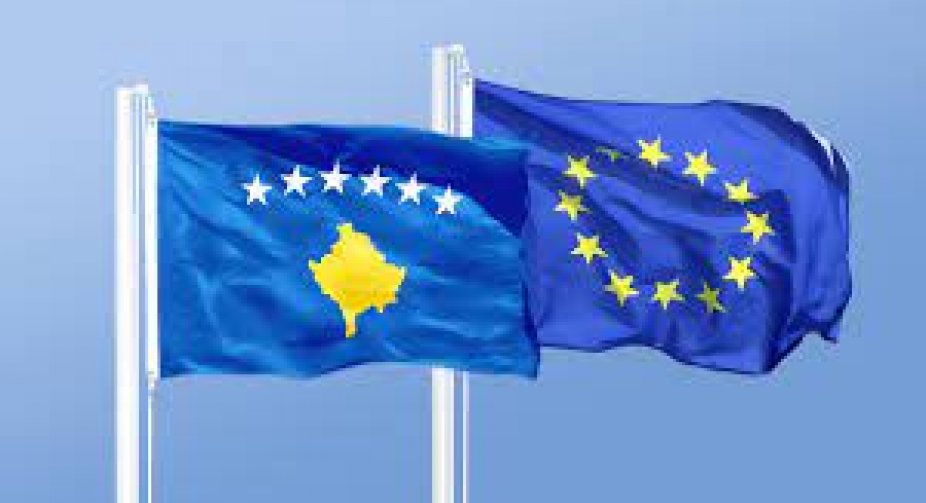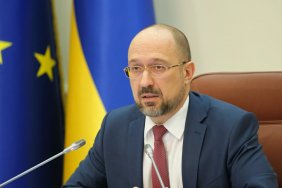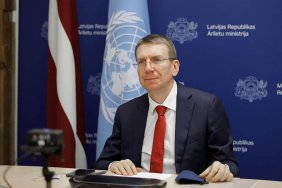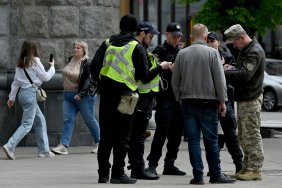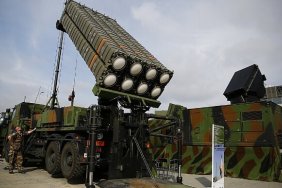The European Union condemned the clashes in Kosovo. This is stated in the statement of the representative of the European External Relations Service published on May 26.
"The European Union strongly condemns the clashes between the Kosovo police and protesters in the north of Kosovo, which were initiated by the newly elected mayors' attempt to break into the municipality building. We strongly condemn the attacks on the patrols of the EU civilian mission in Kosovo, EULEX," the statement said.
The EU emphasized that all parties should take measures "to de-escalate the tense situation and immediately restore calm."
"The EU will not take any further unilateral or provocative actions. Preserving peace and security on the ground must be a priority. As the EU has repeatedly stated, the recent by-elections in northern Kosovo do not offer a long-term political solution for the participating municipalities. Such a solution can only be found through real dialogue between all key stakeholders, including Kosovo, Serbia and the Kosovo Serb community, facilitated by the EU," the statement said.
In Kosovo, ethnic Serb groups clashed with police in several northern municipalities on May 26 in an attempt to prevent elected Albanian officials from taking office. After the riots began, Serbian President Oleksandr Vučić ordered the military readiness of the Serbian armed forces to be raised to the highest level.
The Republic of Kosovo is a partially recognized state. It declared its independence from Serbia in 2008. Serbia does not recognize the secession of Kosovo and considers it its territory. Kosovo's independence has been recognized by about 100 countries, including the United States. Ukraine does not recognize this status.
Since 2011, with the mediation of the EU, Serbia and Kosovo have been negotiating the normalization of relations. The negotiation process is expected to end with a legal agreement. Kosovo is insisting that the agreement include mutual recognition, Serbia is pushing for a "compromise solution".
On February 27, 2023, Serbia and Kosovo expressed their readiness to start implementing the Agreement on the Path to Normalization of Relations.
